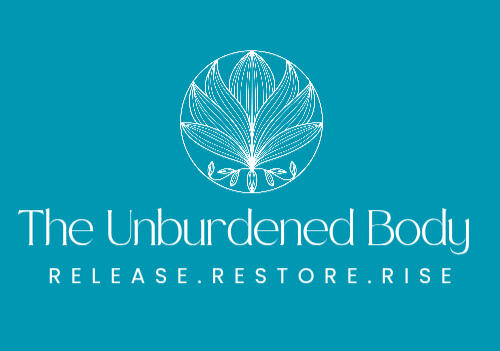
Hey!
I’m glad you’re here. Really, take a deep breath, settle in, and know this space was created with you in mind. If you’re carrying pain from the past, navigating chronic illness, feeling overwhelmed by your thoughts, or just tired of pretending you're okay, you’re not alone. I’ve walked through the fire too. Abuse, grief, trauma, invisible illness (Lyme disease), late-diagnosed ADHD and somehow, by God’s grace, I’m still standing, stronger and more grounded than I’ve ever been.The Unburdened Body is my way of sharing what I’ve learned (and am still learning) along the way. It’s where faith, science, healing & writing all come together. No masks here. No pressure to be perfect. Just an honest invitation to reflect and become who you were always meant to be.Whether you're here to explore expressive writing, mindfulness, or you're just curious about healing from the inside out, welcome.You belong here.
❤️

I’m Mickie, an American-British writer, MBSR Practitioner, budding Psychotherapist & Lyme disease advocate originally from South Carolina, now living in the UK.
My writing is shaped by my own lived experiences, and everything I share comes from a deeply personal place. I’ve walked through trauma, illness, and loss, and these journeys are part of the stories I write about. This path, though challenging, has given me a deep understanding of how the mind, body, and spirit intertwine when it comes to healing. My life hasn’t been a smooth ride, and I’ve encountered my fair share of struggles. From surviving a highly abusive, dysfunctional childhood, to battling Lyme disease + multiple co-infections and the invisible scars it left behind, to navigating the profound trauma of losing loved one(s) suddenly and unexpectedly, I’ve known heartache first-hand. I write because it’s been my lifeline and an integral part of my personal healing journey.
Education
BSc Counselling & Psychotherapy
CertHE Arts & Humanities (Psychology & Sociology)
Diploma Mindfulness Based Stress Reduction Practitioner (MBSR)
Diploma Expressive Writing Therapy Practitioner
Certificate in Human Health - Diet and NutritionOther interests:
Neuroplasticity
Neurogenesis
Neurotheology